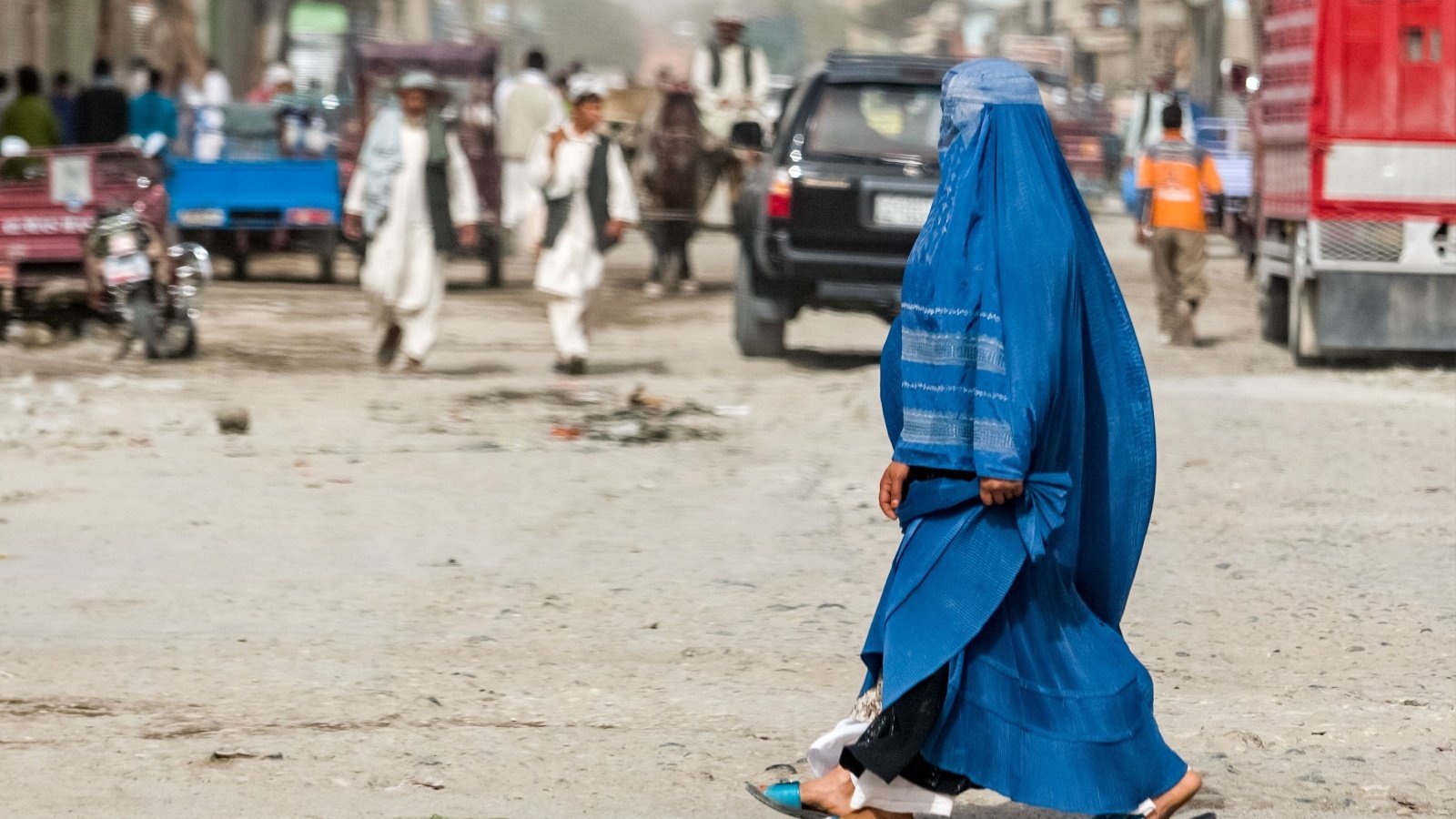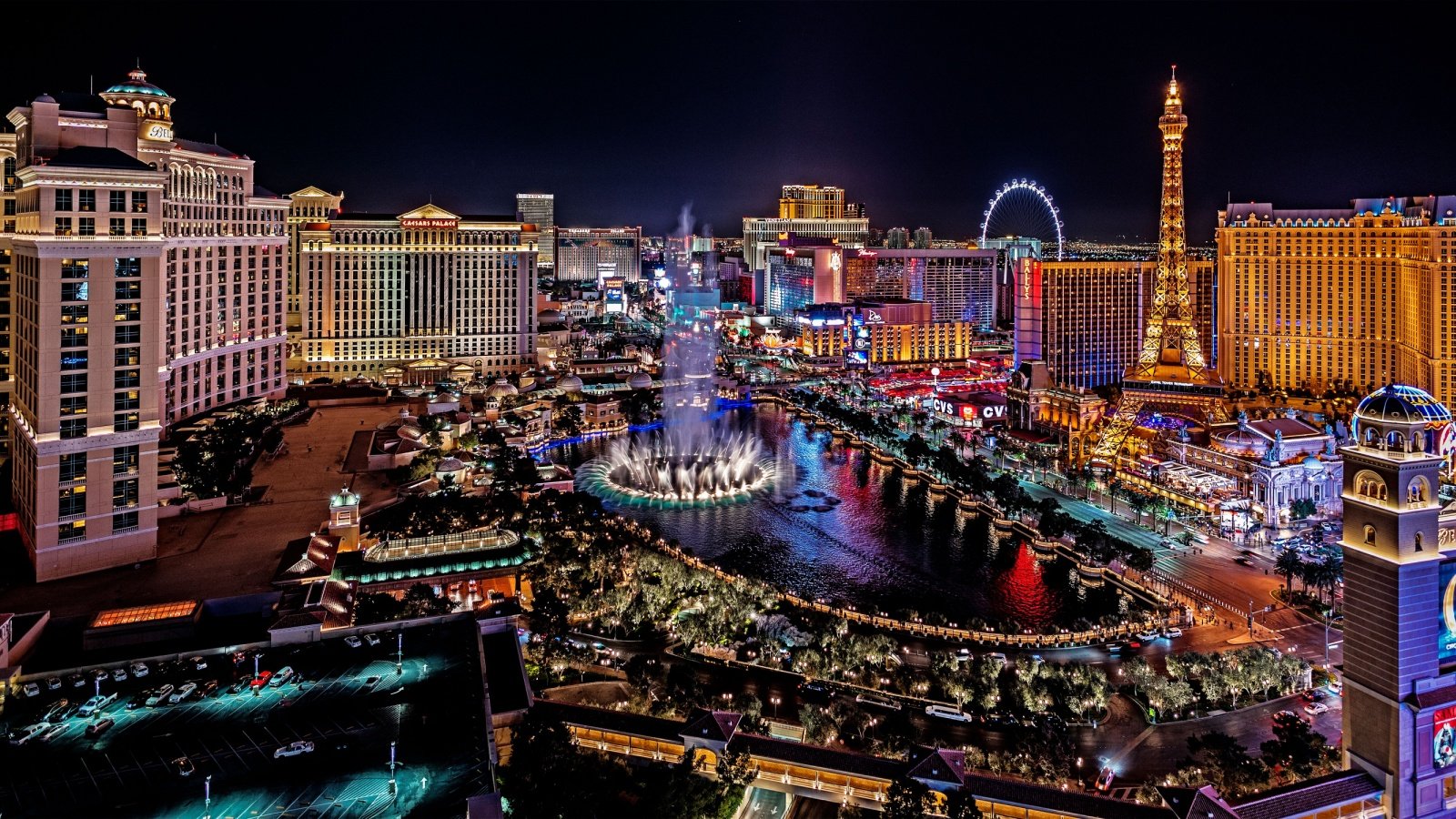You’ve scheduled the time off, you’ve asked a neighbor to water your plants, and you’re ready to jet off somewhere new. But beware: some destinations require extreme caution.
In the world’s most dangerous countries, safety is often compromised by conflict, crime, or natural disaster. The Global Peace Index 2023 ranked the following countries among the lowest for safety and security.
Here is our checklist of the highest-risk areas to avoid when planning your next vacation, laying out all the details to help keep you safe on your travels.
Syria
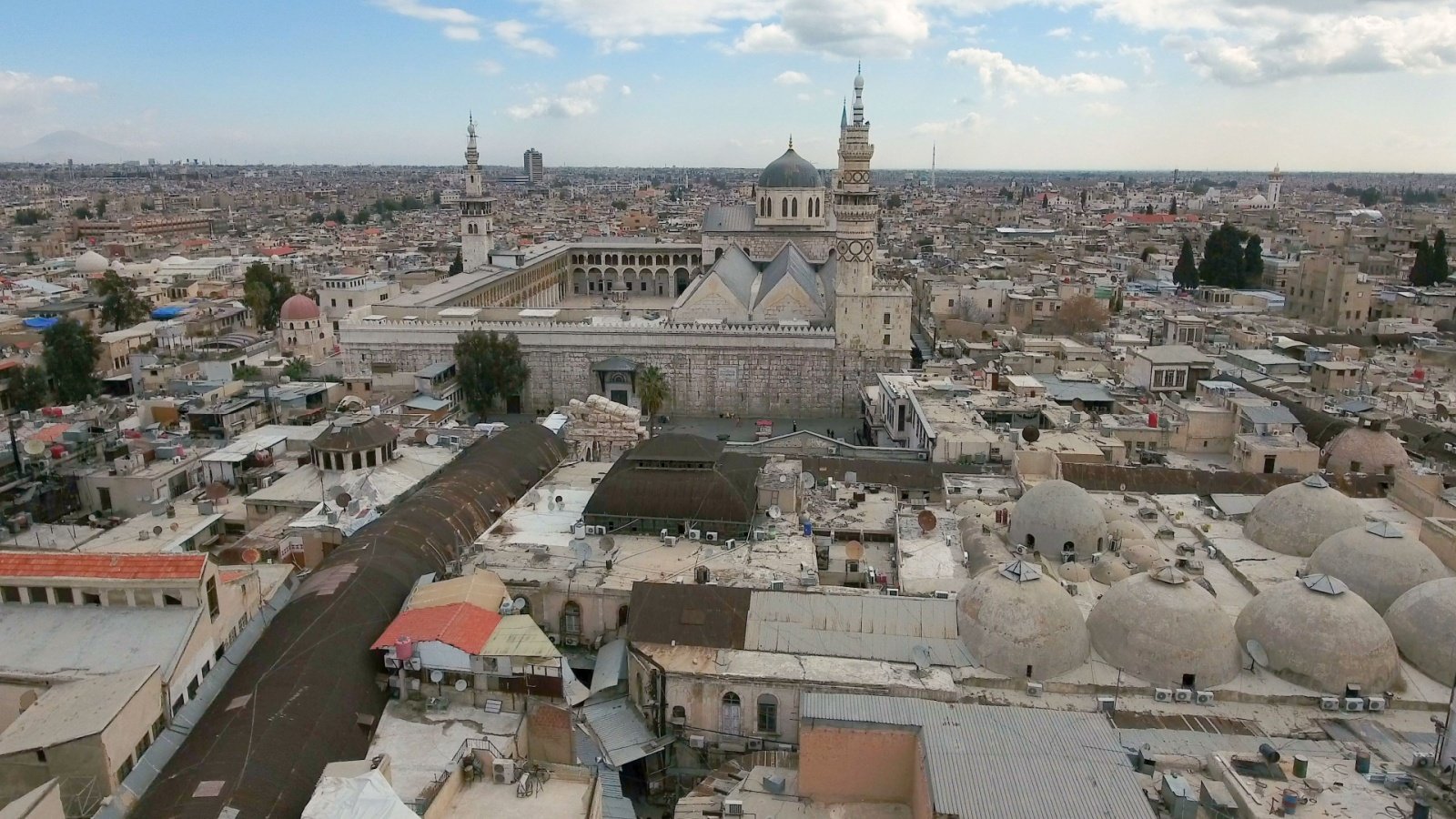
Syria has been embroiled in a civil war since 2011, making it one of the most dangerous places on Earth. Cities like Aleppo and Damascus are particularly hazardous due to frequent airstrikes and militant activities. The United Nations reports extensive humanitarian crises and millions of displaced citizens.
Sudan
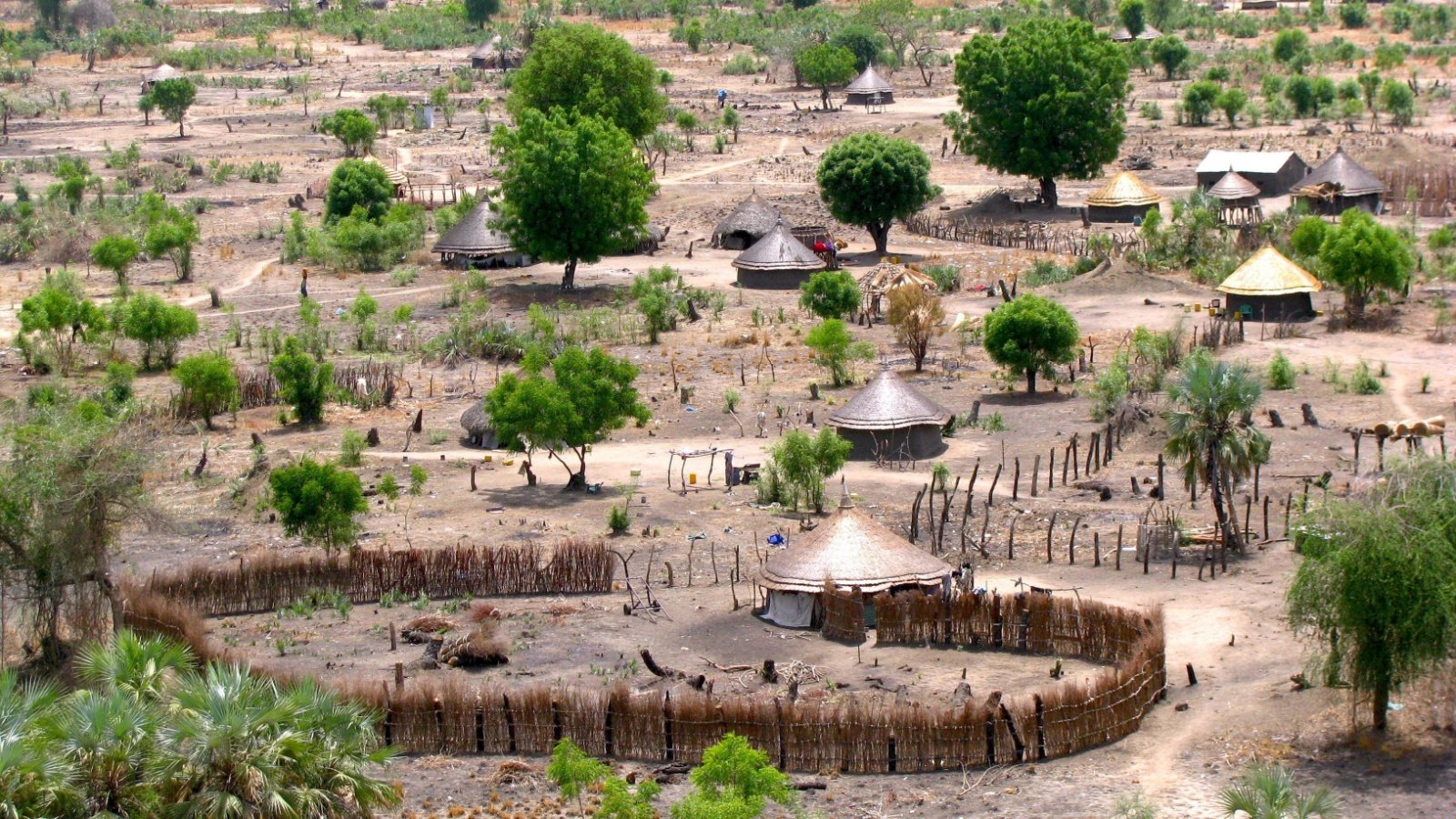
Since achieving independence in 2011, South Sudan has faced continuous ethnic violence and political instability. The conflict has resulted in thousands of deaths and massive displacement. Aid organizations frequently report difficulties in delivering assistance due to the volatile security situation.
Afghanistan
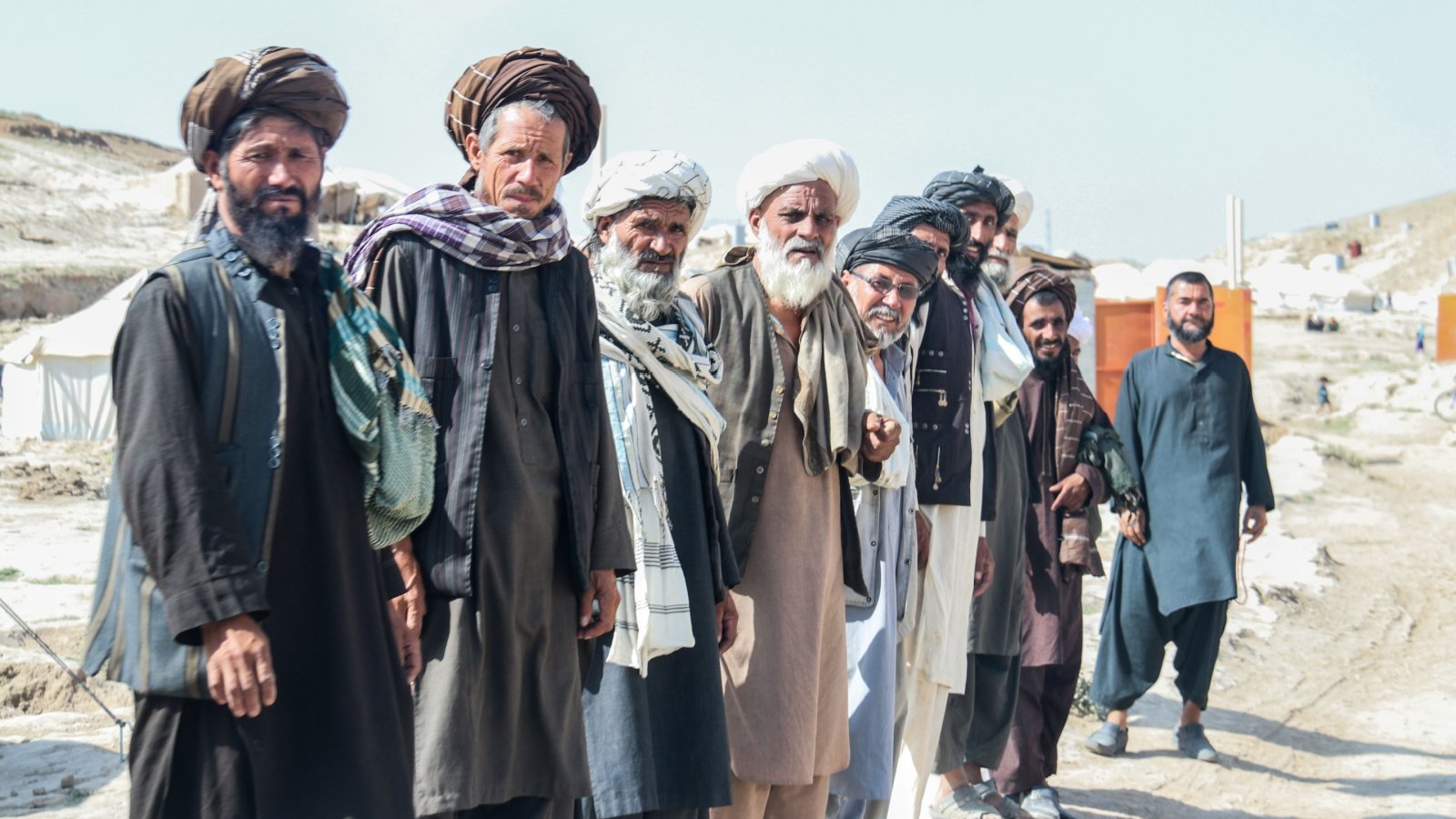
Afghanistan remains unstable with ongoing threats from the Taliban and other insurgent groups. The security situation varies widely by region, with rural areas being particularly perilous. Travelers are strongly discouraged from visiting due to the high risk of kidnapping and terrorism.
Venezuela
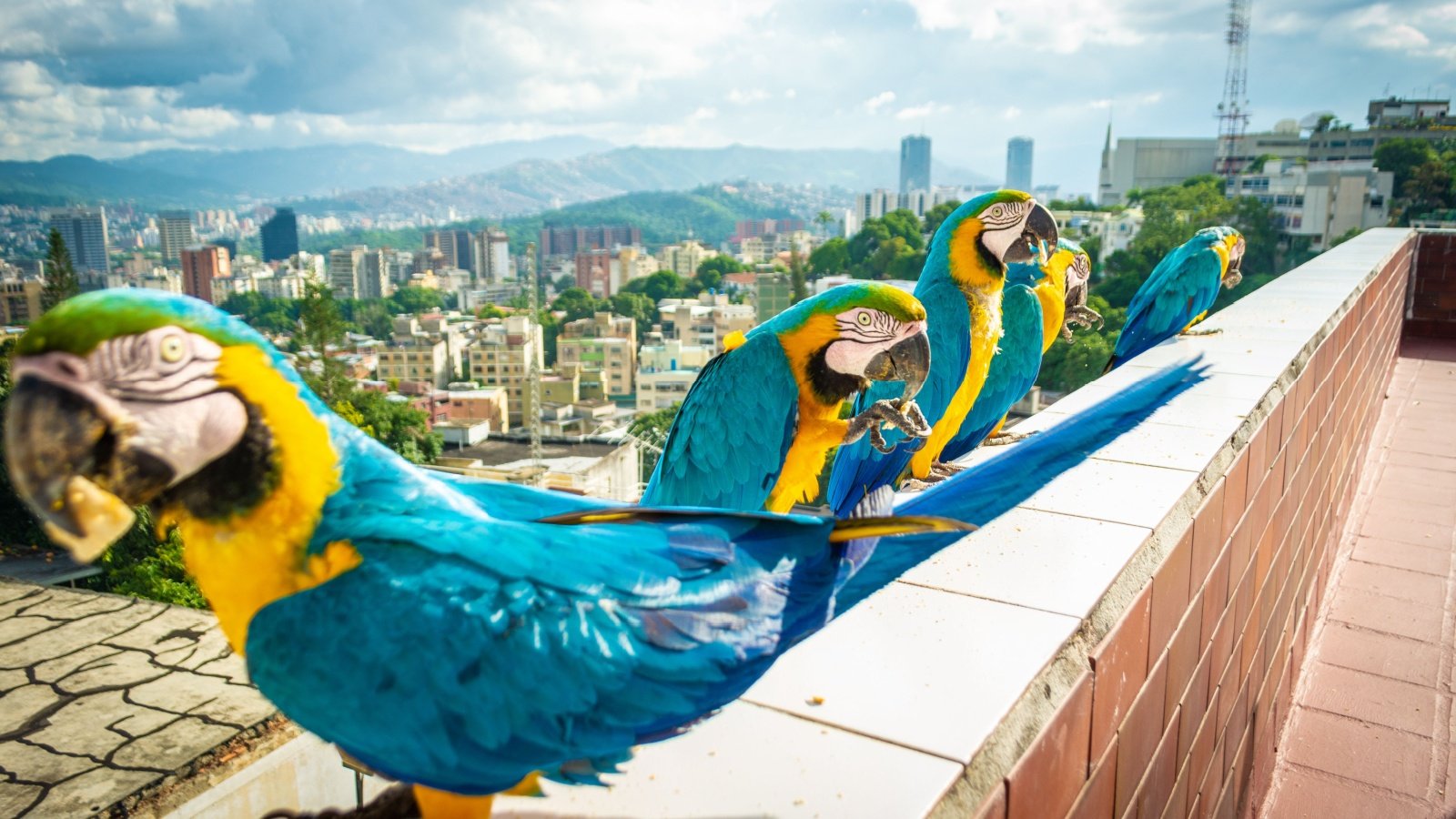
Venezuela is currently experiencing severe economic and political turmoil. Hyperinflation, scarcity of basic necessities, and high crime rates plague the country. The U.S. Department of State has issued a Level 4 travel advisory, advising against all travel to the area.
Somalia
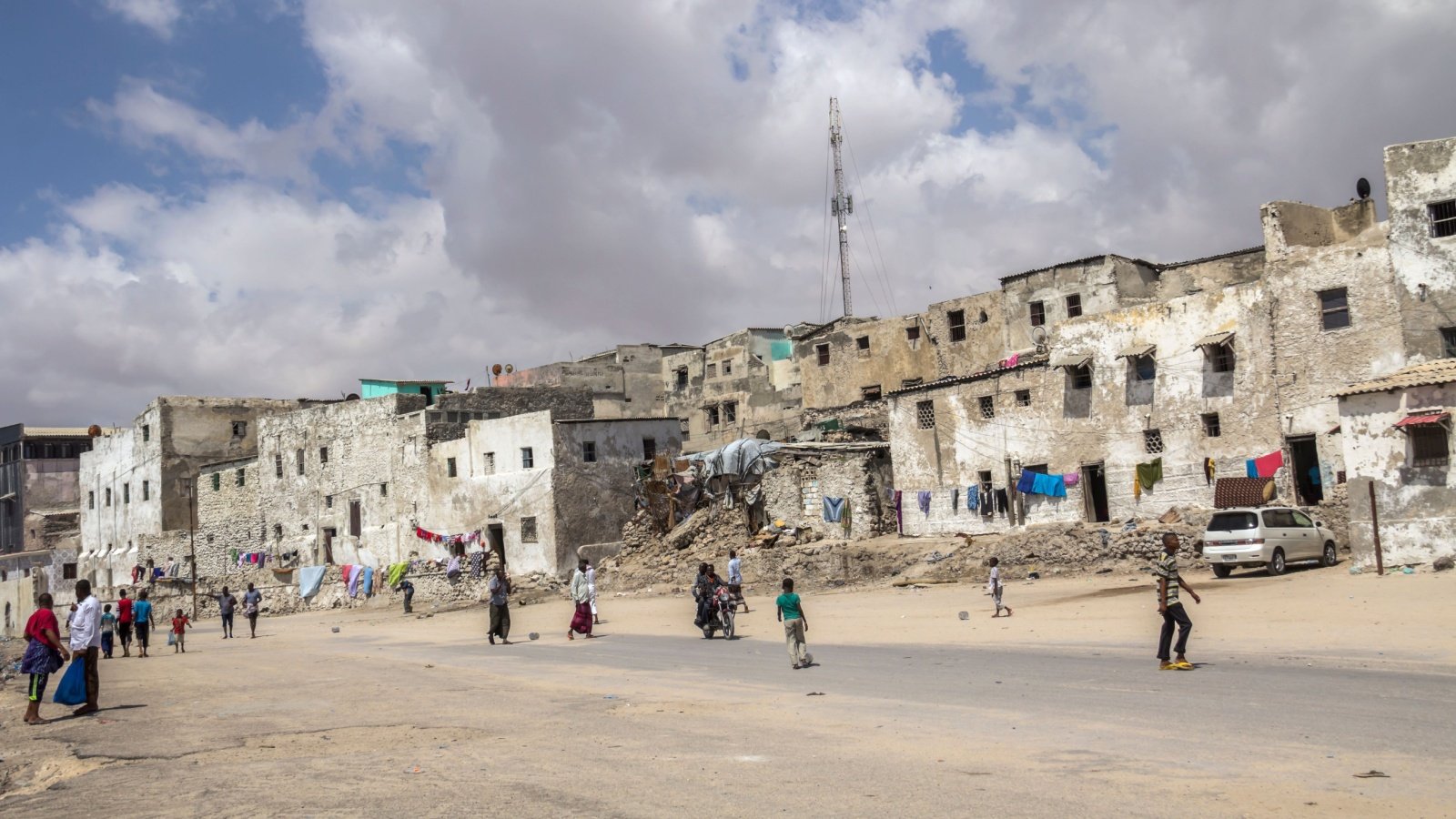
Somalia’s coast is infamous for piracy and maritime crimes, making sea travel in the vicinity extremely risky. The instability extends inland with ongoing conflicts and terrorist attacks by groups like Al-Shabaab. The international community remains involved in efforts to stabilize the region.
Libya
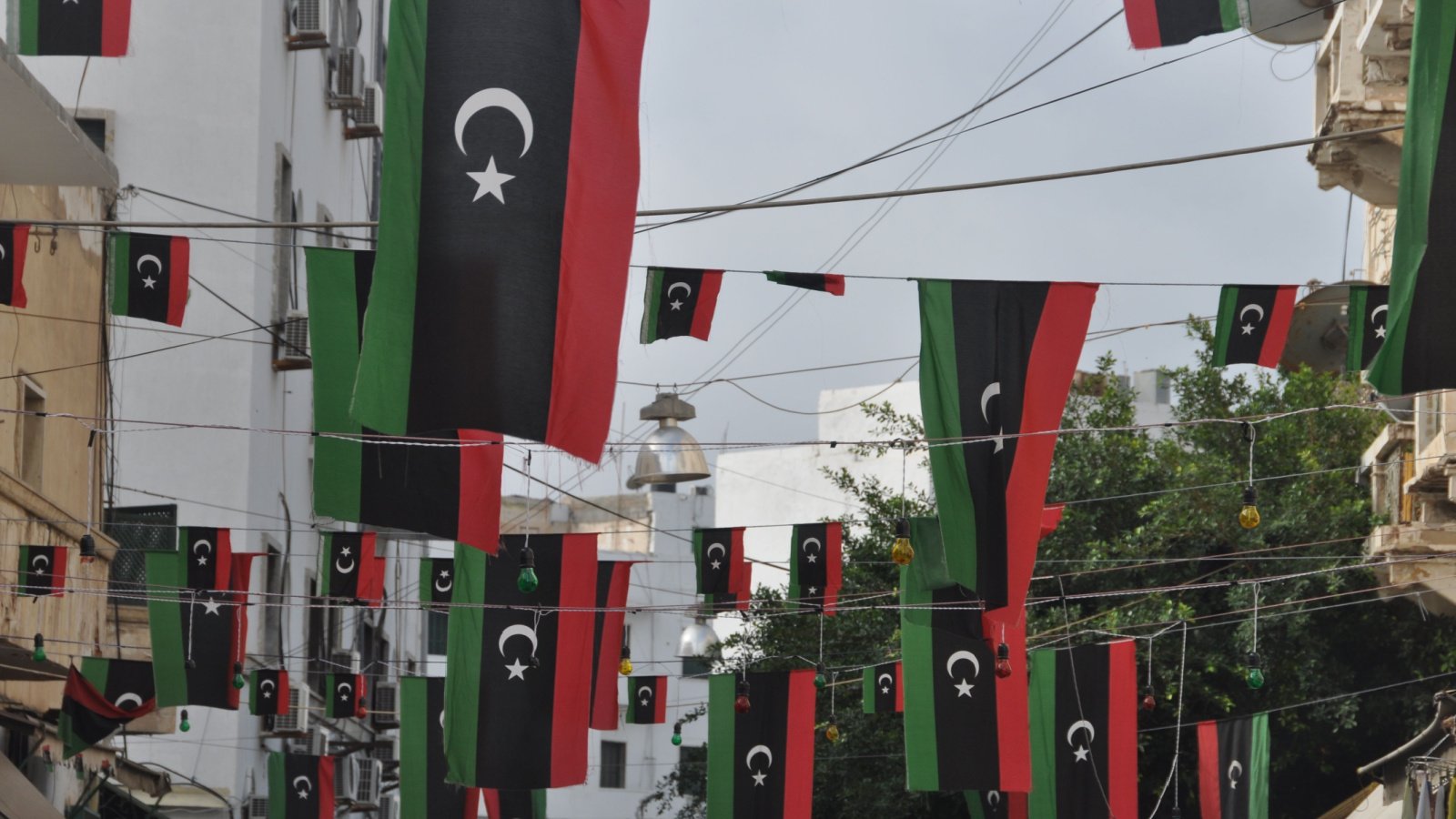
Post-Gaddafi Libya faces division and chaos, with multiple factions vying for control. The absence of a central government has allowed criminal activities, including human trafficking, to flourish. Travelers are advised to avoid all travel to Libya due to the unpredictable security situation.
Central African Republic
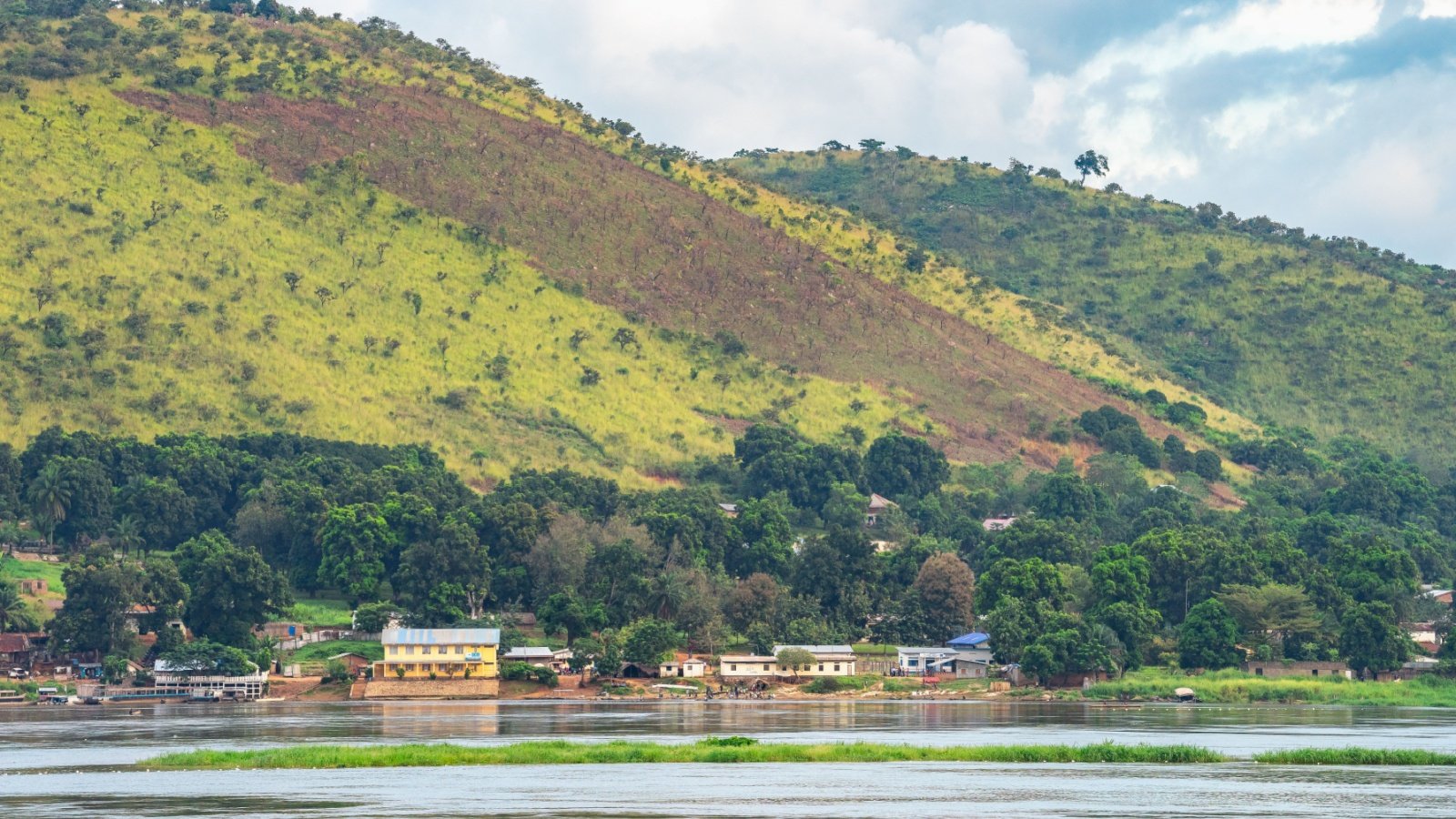
The Central African Republic has been marred by civil war and sectarian violence. Clashes between various armed groups have displaced hundreds of thousands of people. Humanitarian access is severely restricted, complicating relief efforts.
Iraq
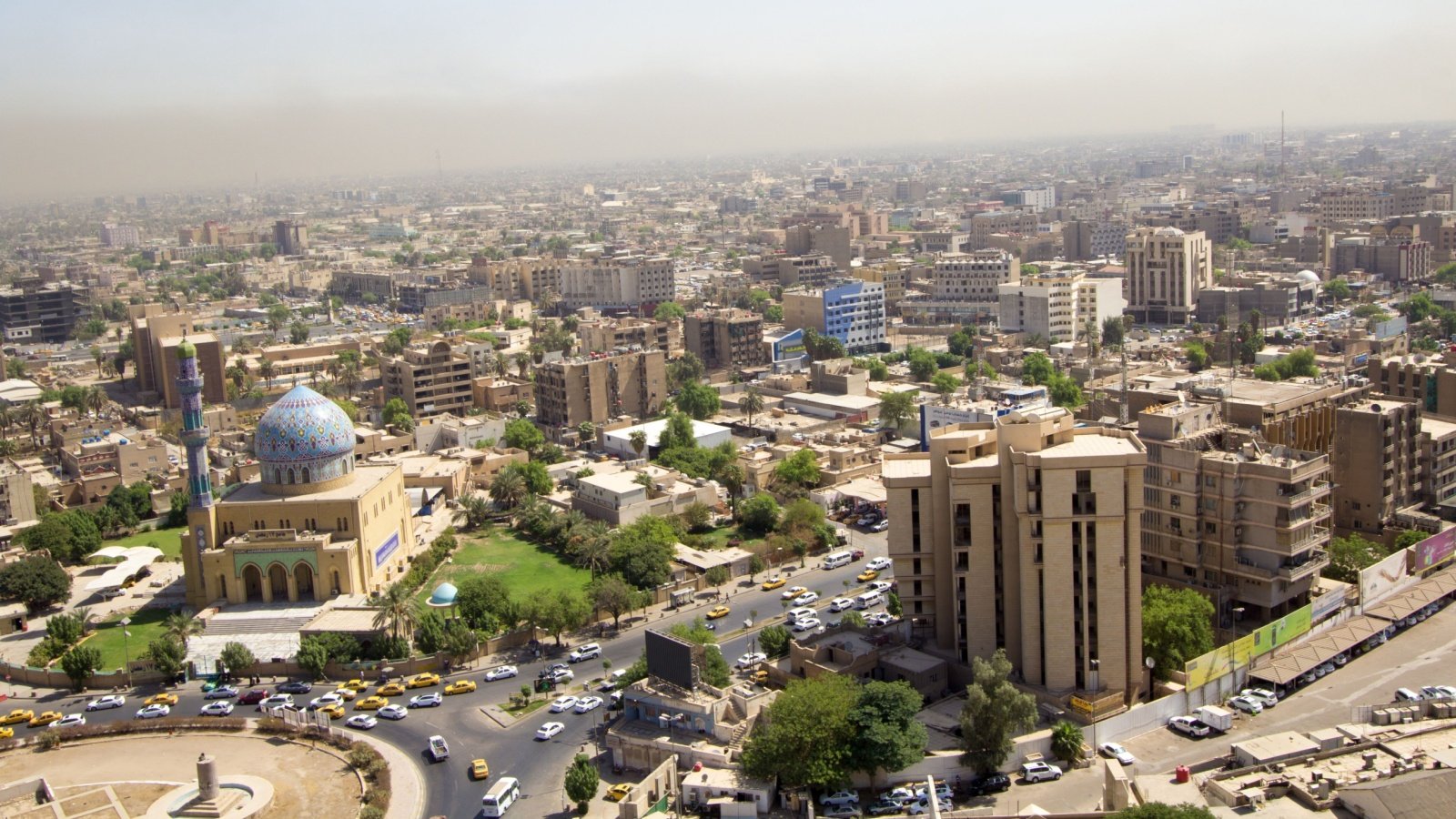
Iraq continues to recover from decades of conflict, but security remains a major concern. ISIS and other militant groups still pose serious threats, especially in rural areas. Travel advisories consistently warn against all but essential travel to Iraq.
North Korea
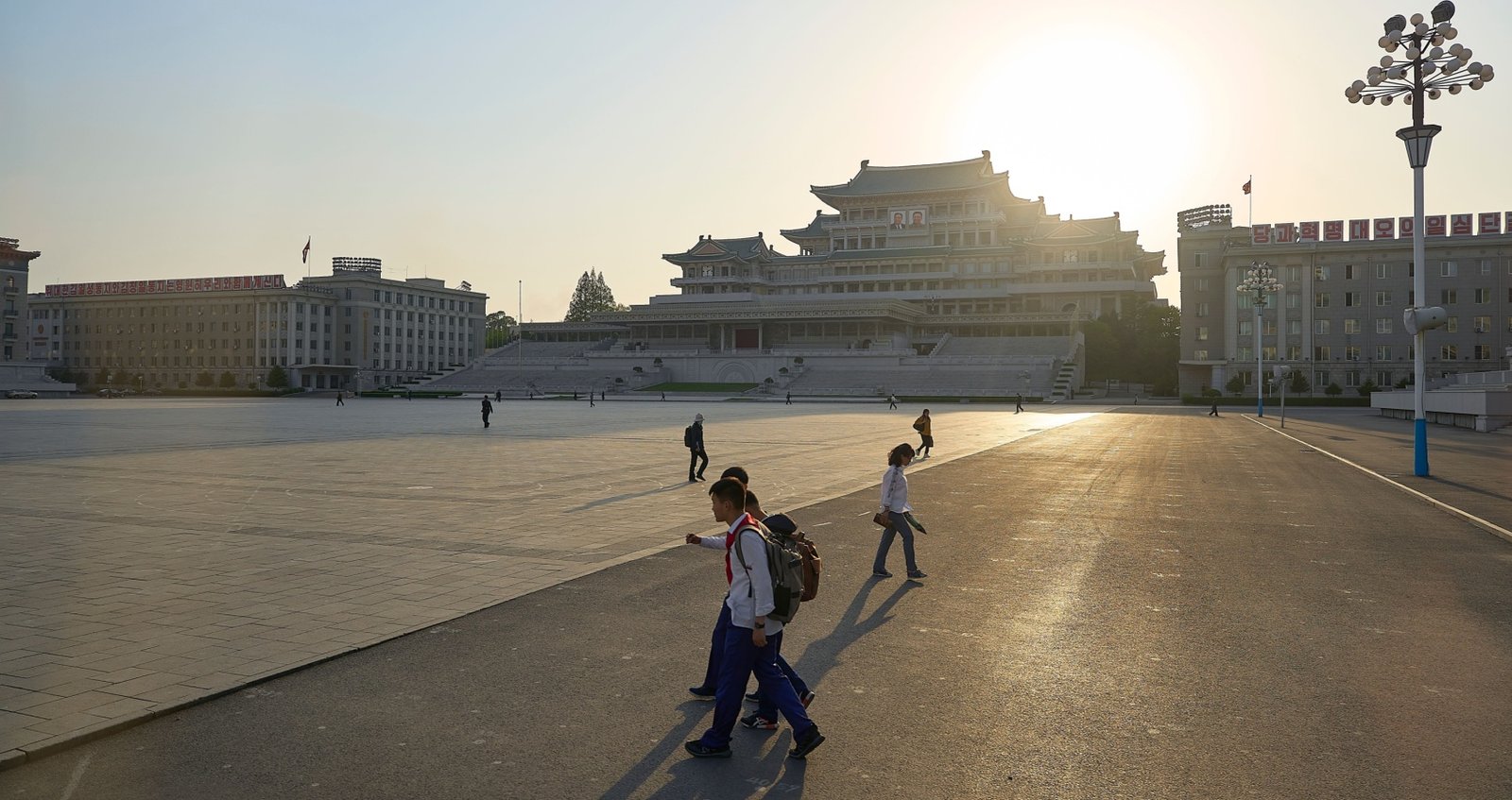
North Korea is one of the most isolated and secretive countries in the world. Foreigners can be arrested and detained for minor infractions, with very limited consular assistance. The regime’s unpredictability adds a significant risk for would-be visitors.
Yemen
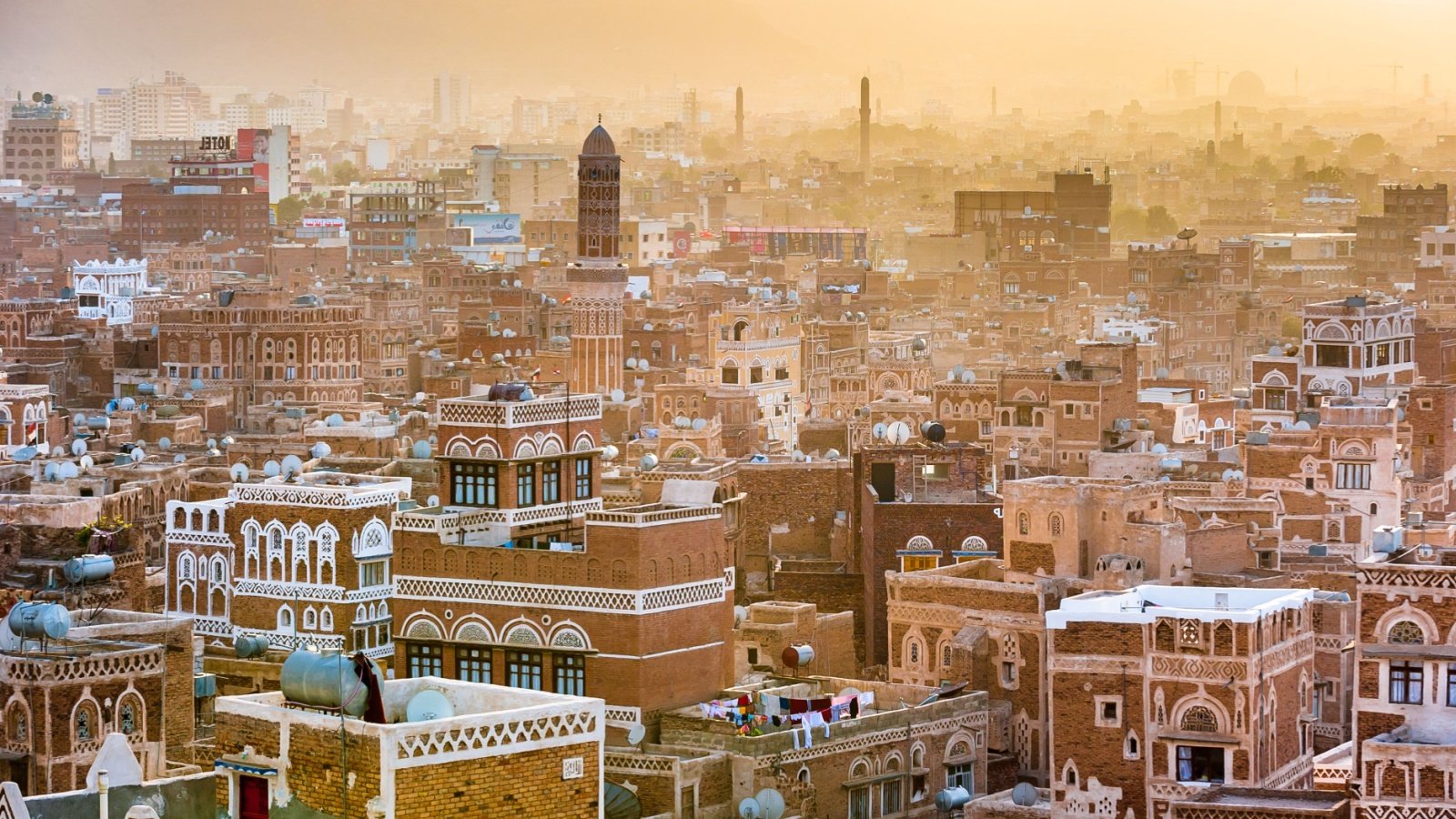
Yemen is engulfed in a multifaceted conflict involving local and regional powers. The humanitarian crisis is profound, with millions needing aid and facing famine. Airstrikes and landmines make large parts of the country inaccessible to foreign travelers.
Haiti
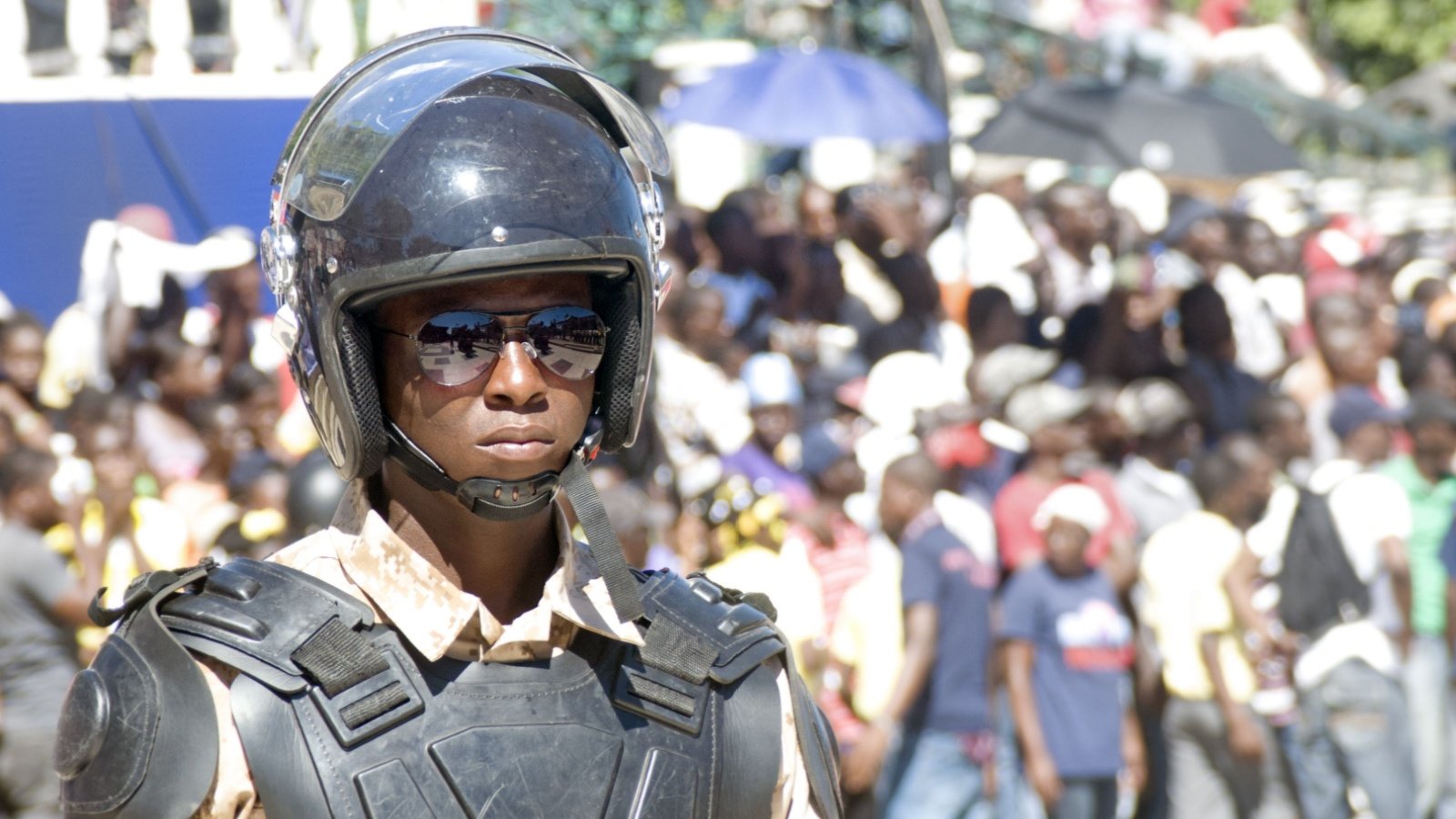
Haiti faces significant challenges including political instability, poverty, and natural disasters. Crime rates are high, particularly in Port-au-Prince, where armed robbery and kidnapping are common. Travelers are urged to exercise extreme caution.
Ukraine
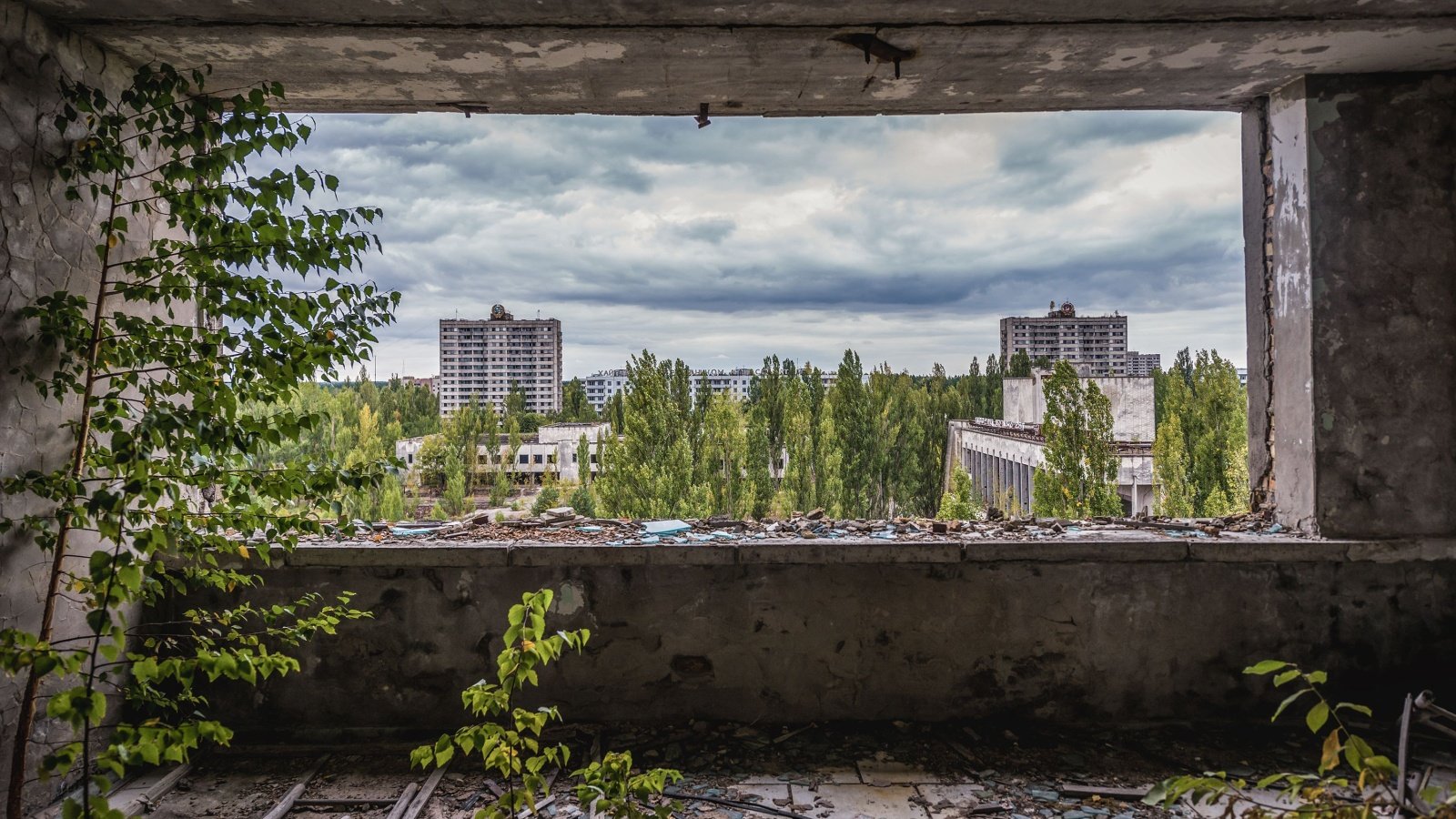
Ukraine’s ongoing conflict with Russian-backed separatists poses dangers, particularly in the eastern regions of Donetsk and Luhansk. Landmines and unexploded ordnance are prevalent in these areas. The situation remains fluid and unpredictable.
Nigeria
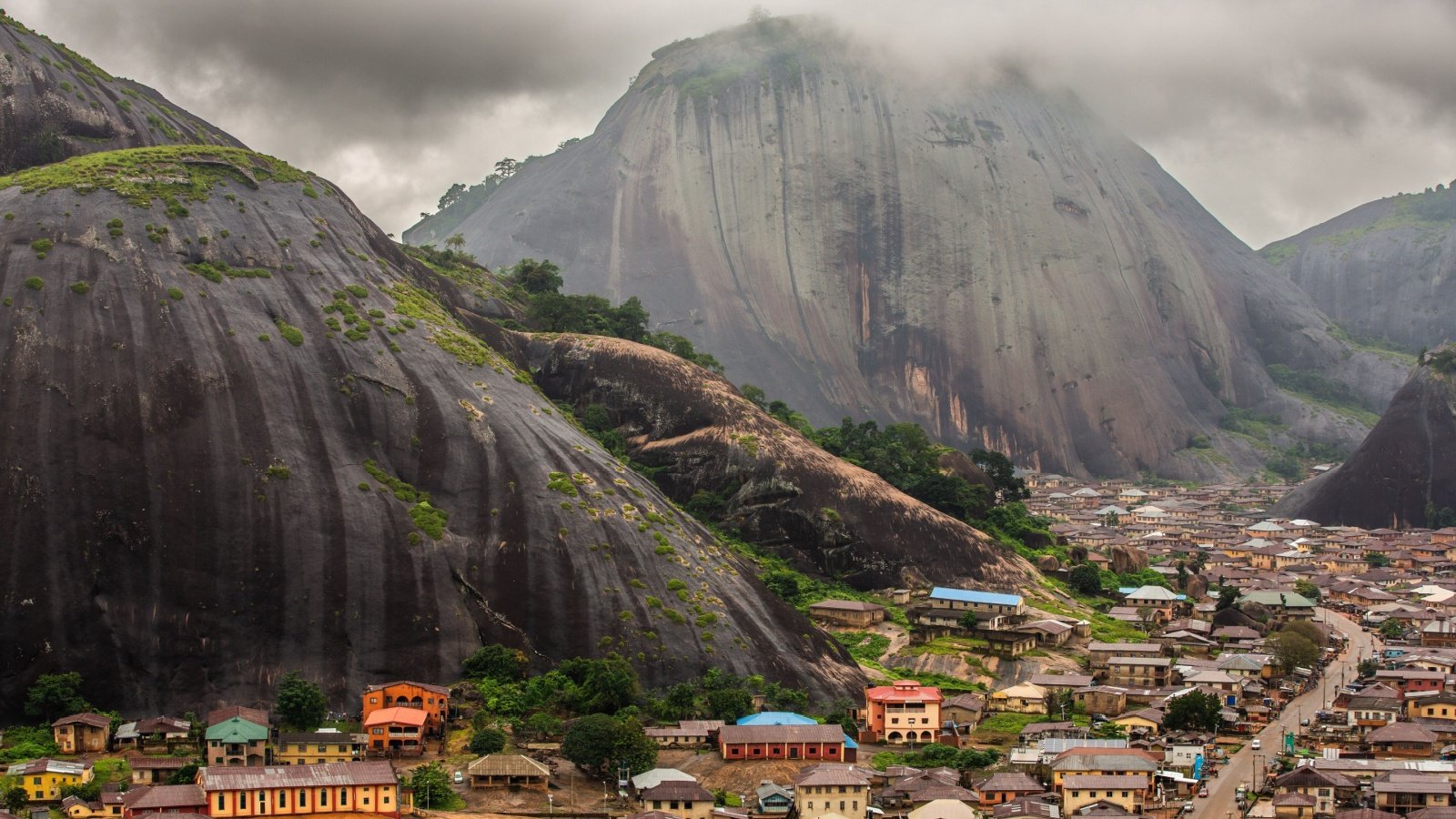
Nigeria contends with various security issues including terrorism, kidnapping, and piracy. Boko Haram’s insurgency is concentrated in the northeast, affecting millions. Foreign nationals are often targets of kidnapping for ransom, particularly in the oil-rich Niger Delta region.
Burundi

Political unrest and violence have destabilized Burundi since 2015. The political climate is tense, and clashes between security forces and armed groups occur frequently. Travelers are advised to avoid all travel to Burundi due to ongoing violence.
Papua New Guinea
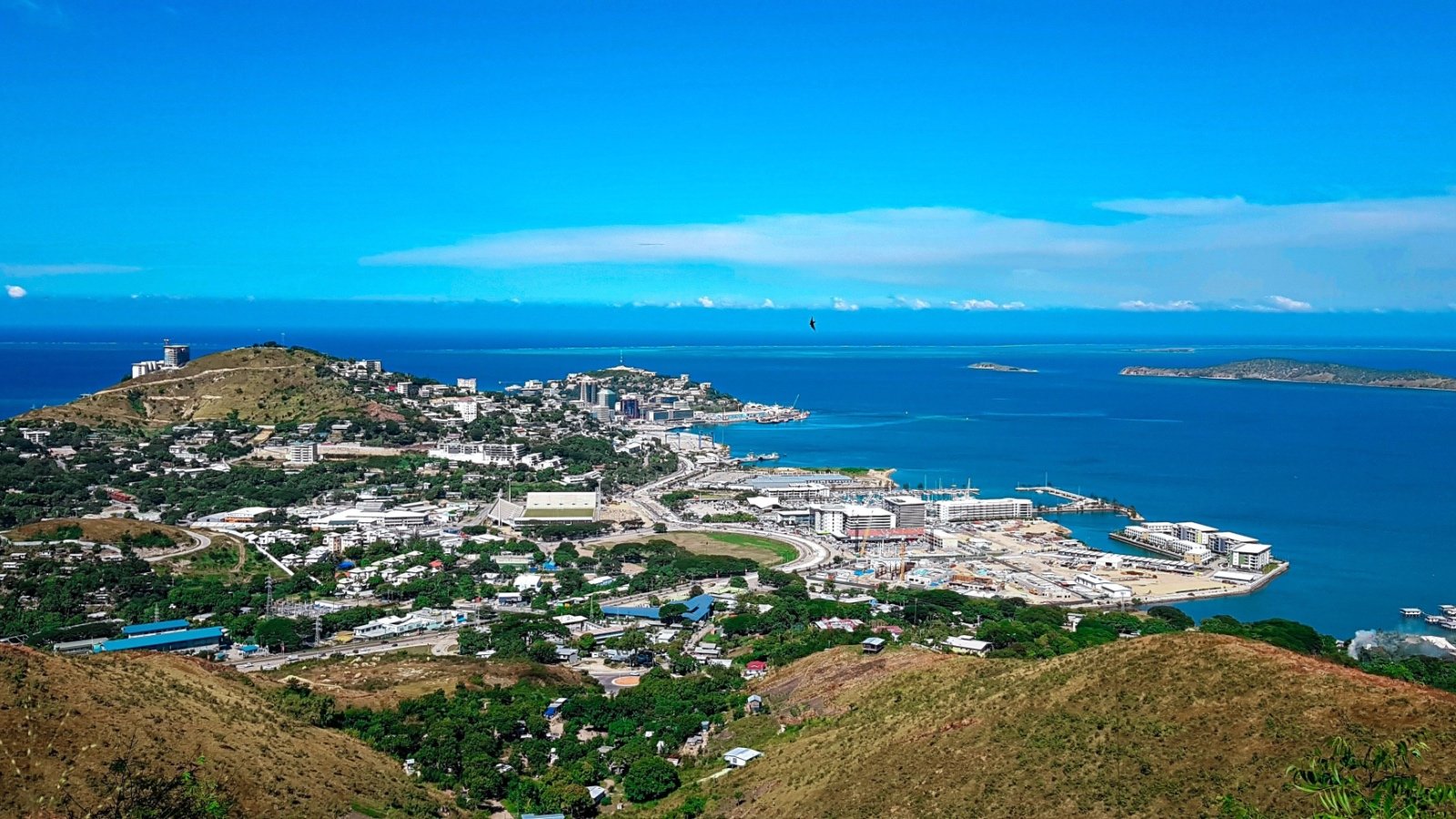
Papua New Guinea has one of the highest rates of violent crime in the world, including armed robbery and sexual assault. Tribal fighting and a lack of effective policing exacerbate the risks. Visitors should be highly cautious, particularly in urban areas like Port Moresby.
Mexico

Certain regions of Mexico are controlled by drug cartels, leading to high levels of violence and crime. Areas like Guerrero and Michoacán are particularly affected, with frequent clashes between cartels and Mexican security forces. Tourists are advised to follow travel advisories.
Colombia
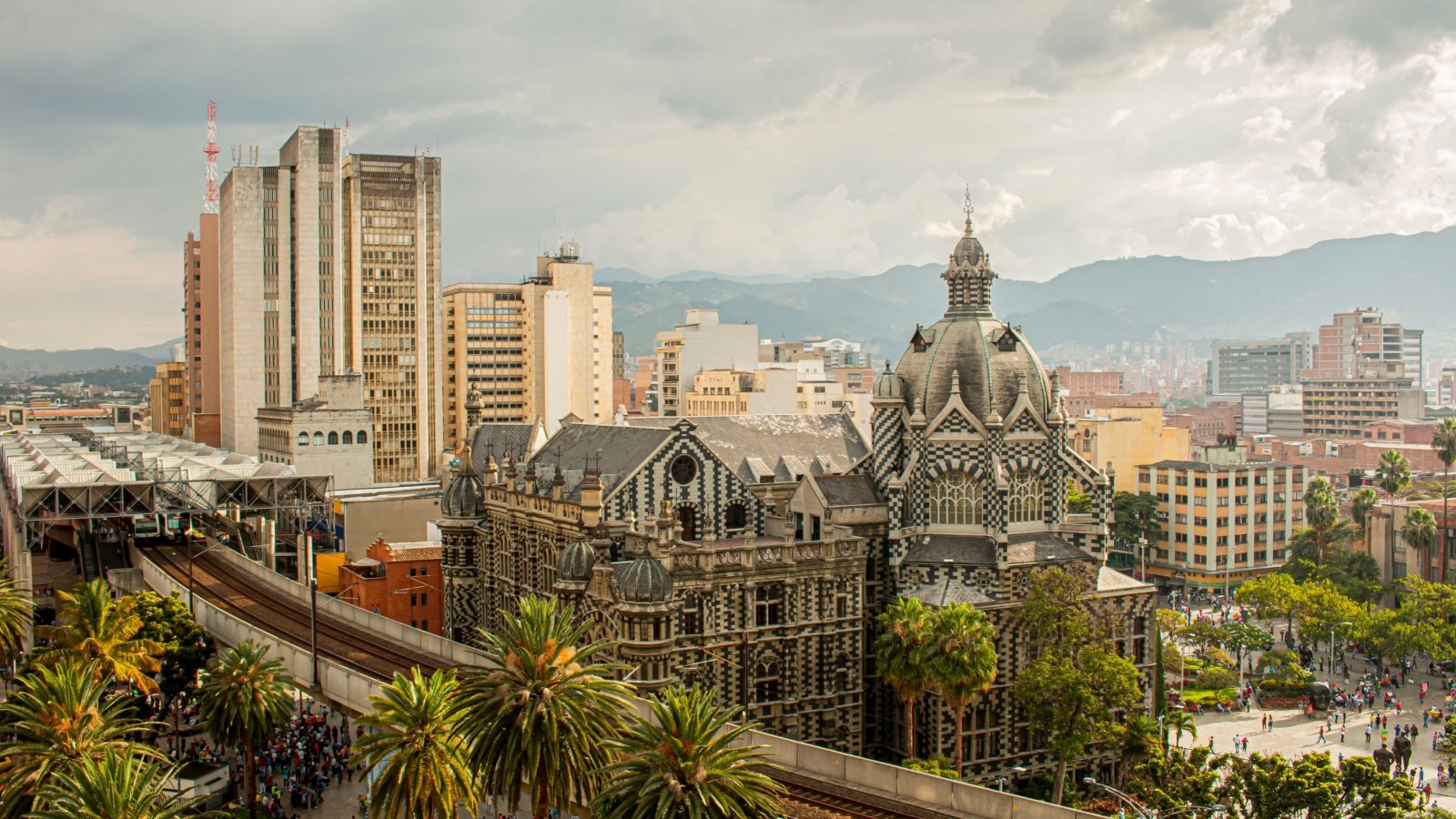
While Colombia has made significant progress in peace efforts, some areas still experience conflict from guerrilla groups and drug cartels. Rural areas can be particularly dangerous due to the presence of landmines and illegal armed groups.
Mali
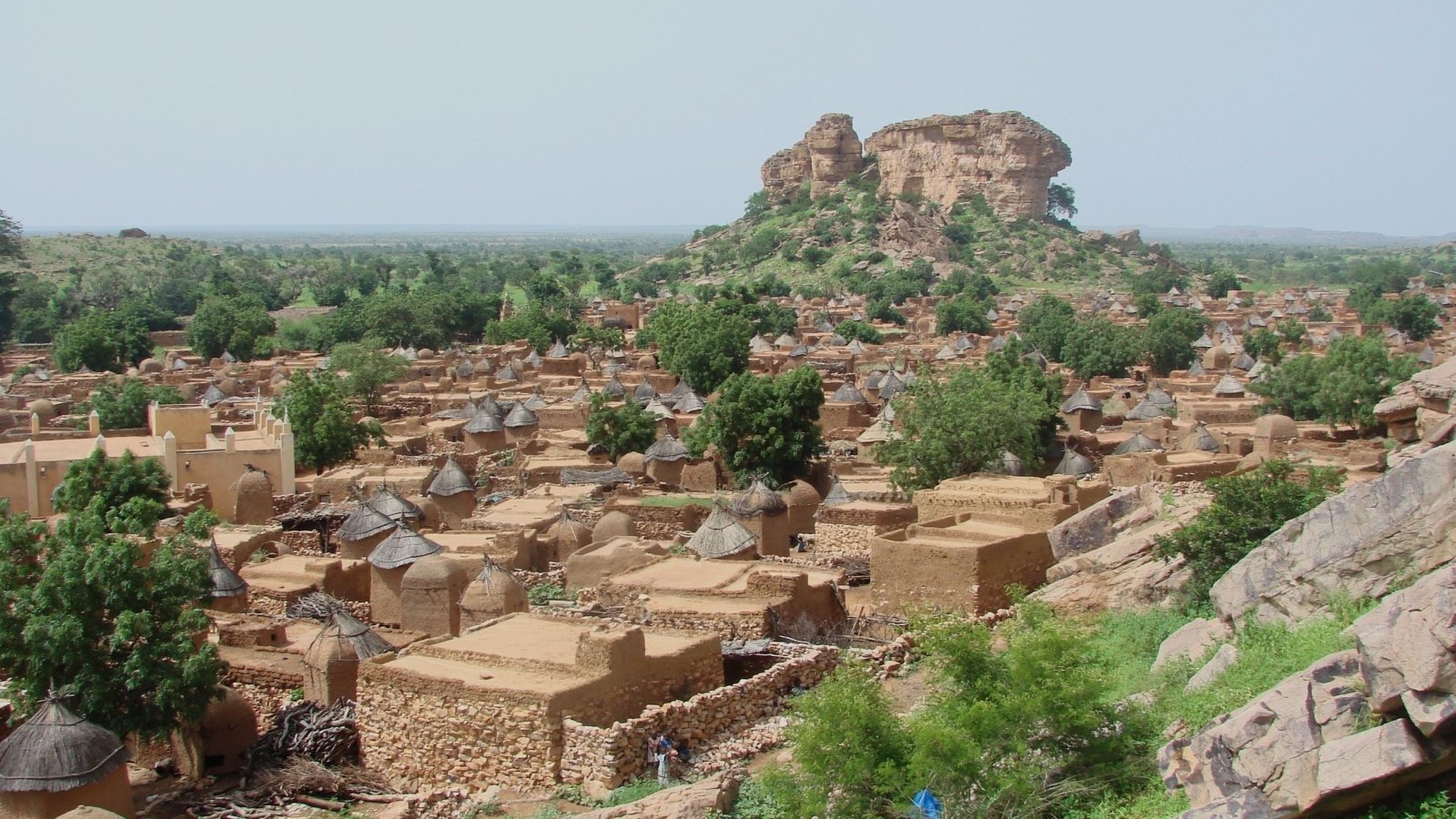
Mali faces ongoing attacks from Islamist militant groups, leading to severe security challenges. The northern and central regions are particularly dangerous, with frequent terrorist attacks and kidnappings. Foreign governments often advise against all travel to these areas.
Sudan
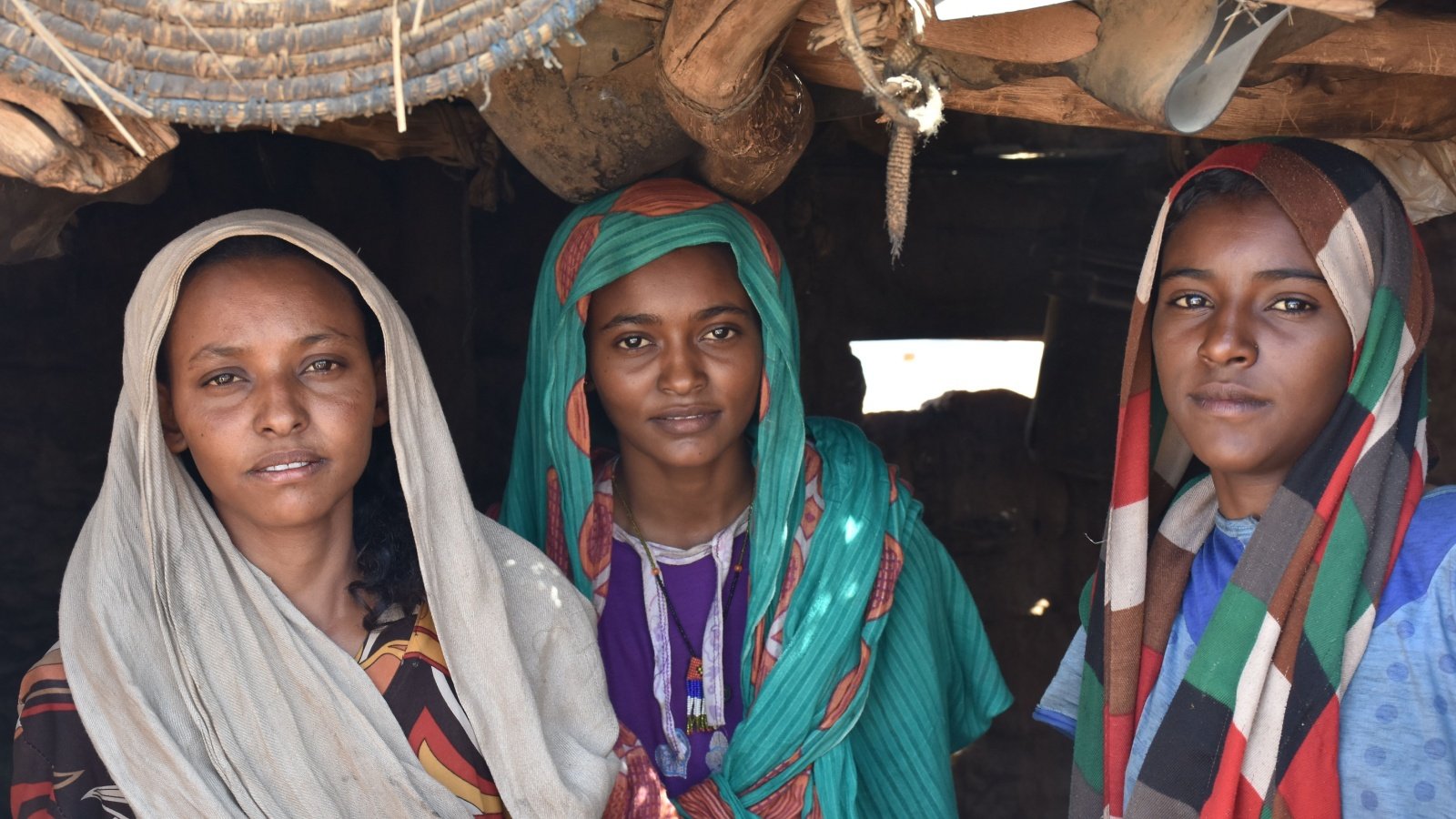
Sudan has experienced ongoing political and ethnic conflicts, particularly in Darfur, South Kordofan, and the Blue Nile states. Violence is common, and the government’s hold on security is tenuous in many regions. Travel is highly discouraged due to the unstable situation.
The Philippines
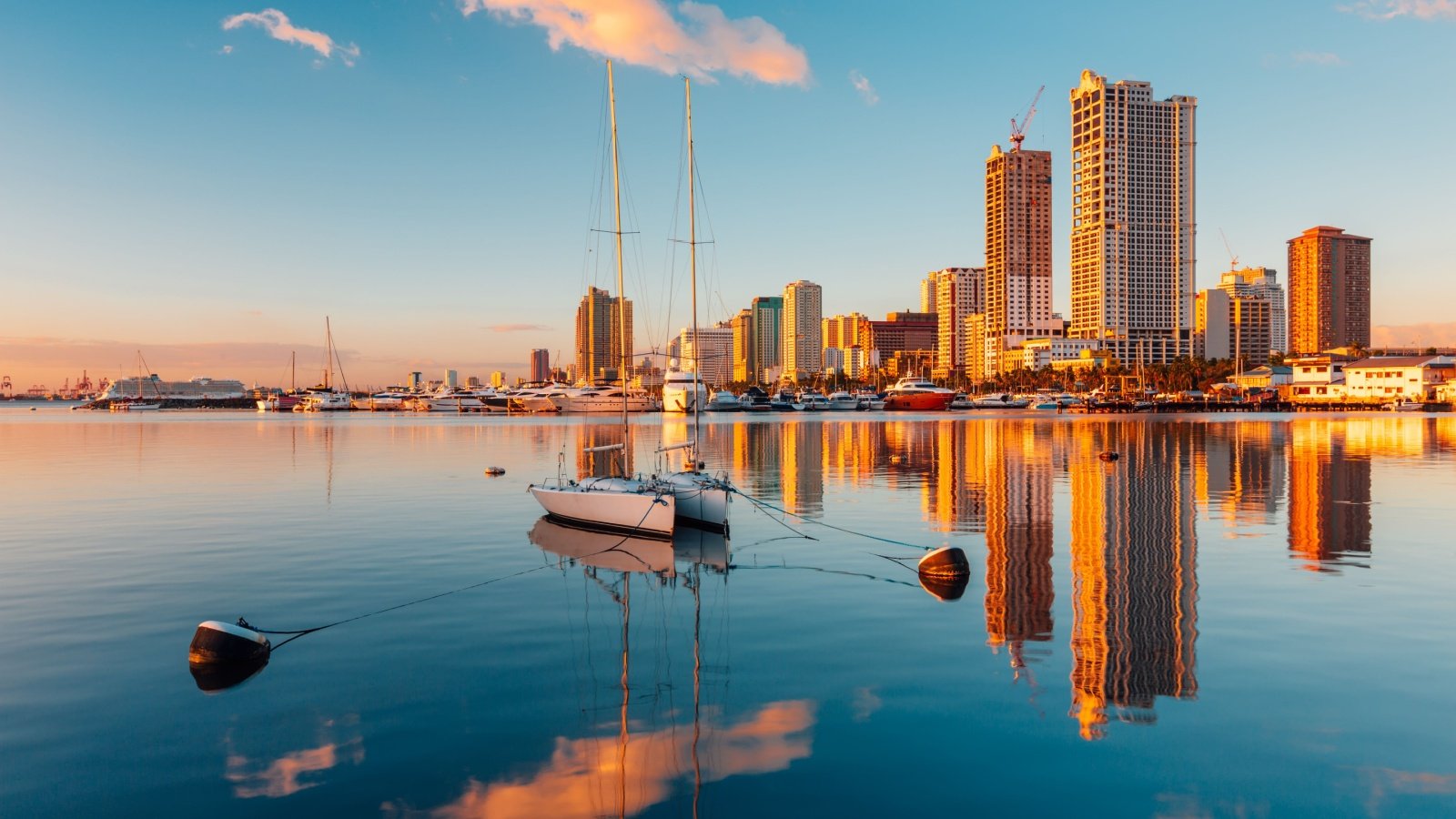
The southern part of the Philippines, especially Mindanao, experiences frequent militant activities and terrorism. Clashes between government forces and insurgent groups are common. Travel to this region requires caution and adherence to local travel advisories.
Russia

Russia poses unique challenges for foreign travelers, including harsh laws against what the government considers undesirable activities. Foreign visitors can face legal issues without warning, and the political climate can affect travel unexpectedly.
Turkey
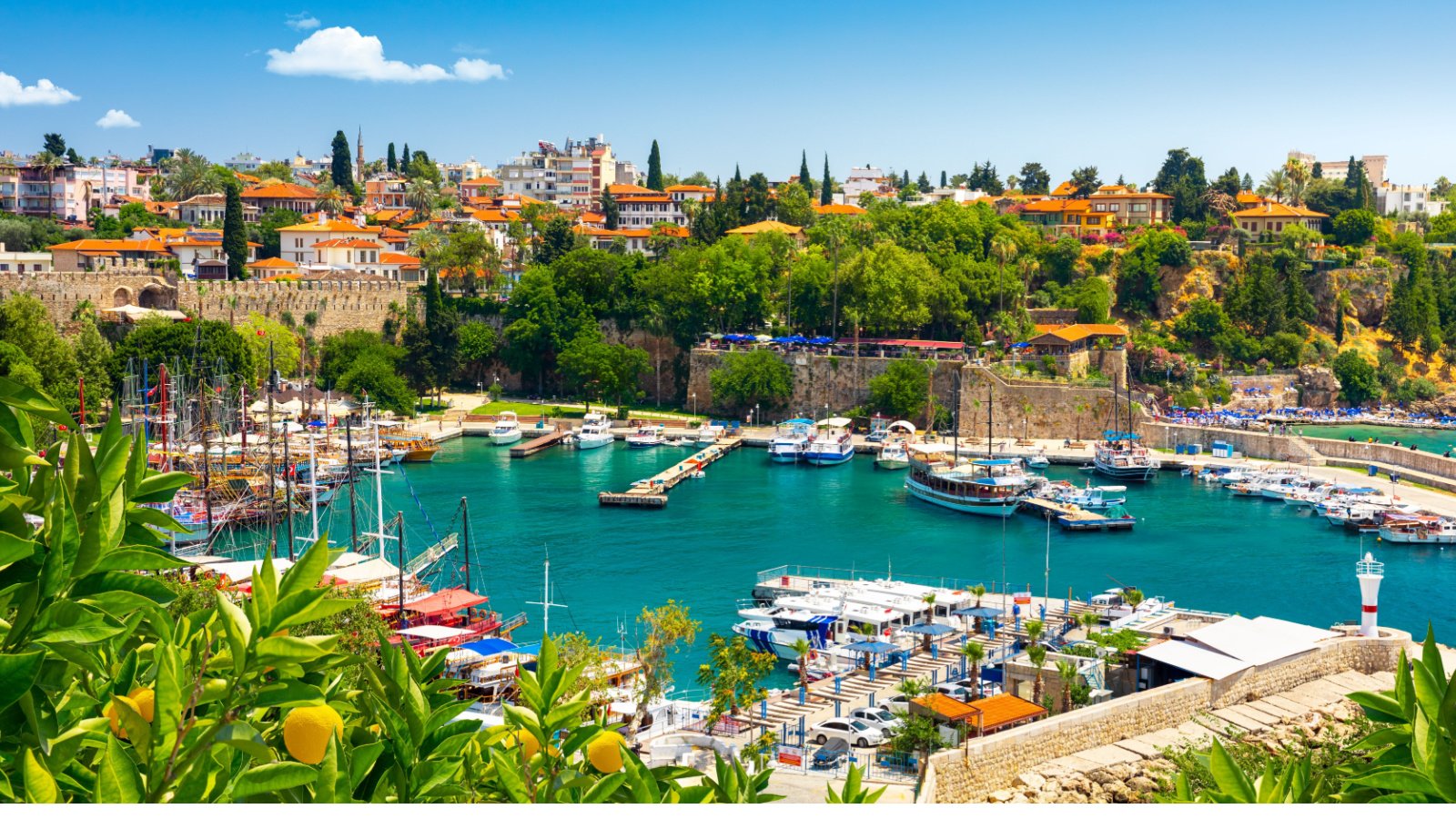
Turkey has faced a series of security challenges, including terrorist attacks and political unrest. Major cities like Istanbul and Ankara have experienced attacks targeting public areas and tourist sites. Visitors should stay vigilant, especially in crowded places.



